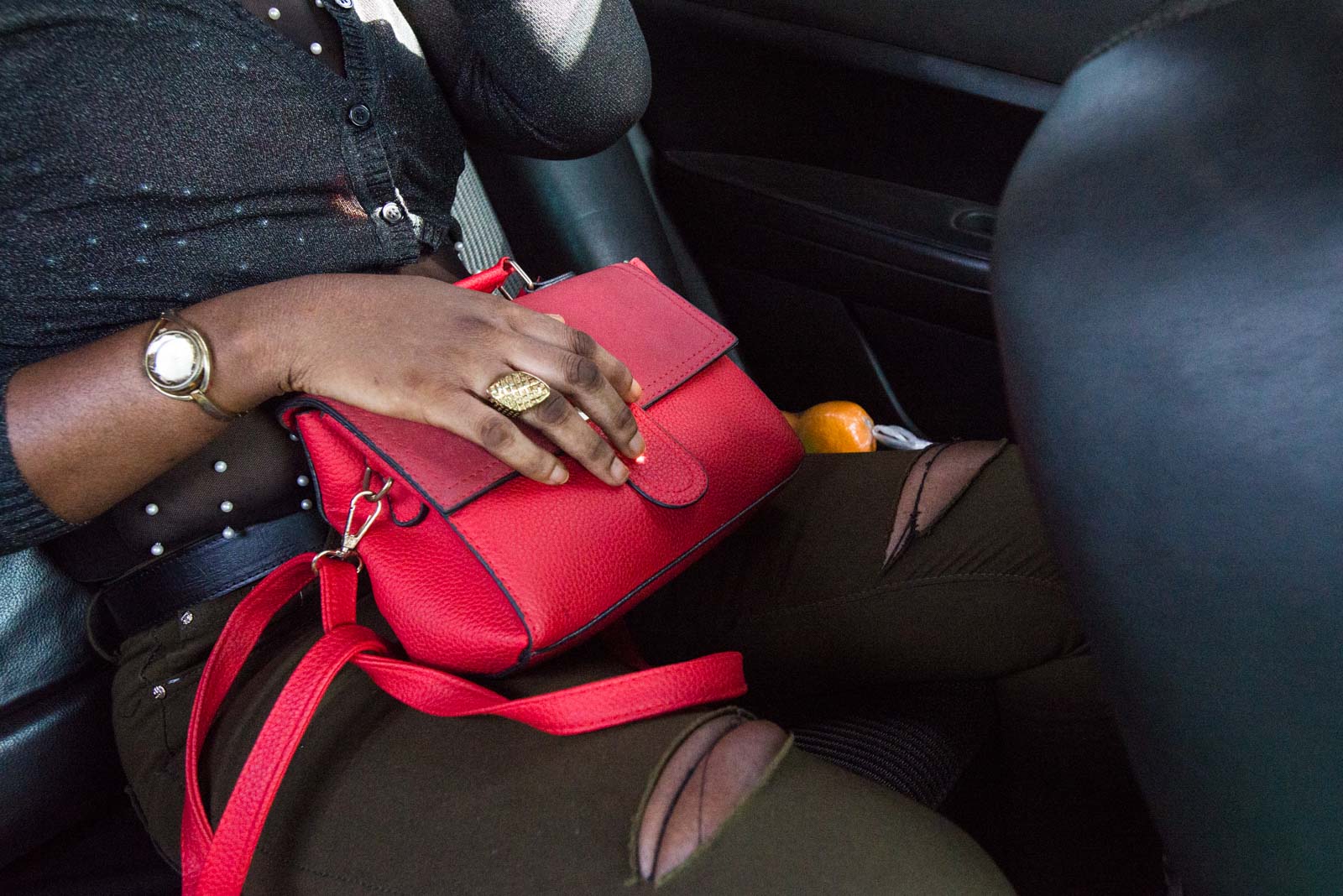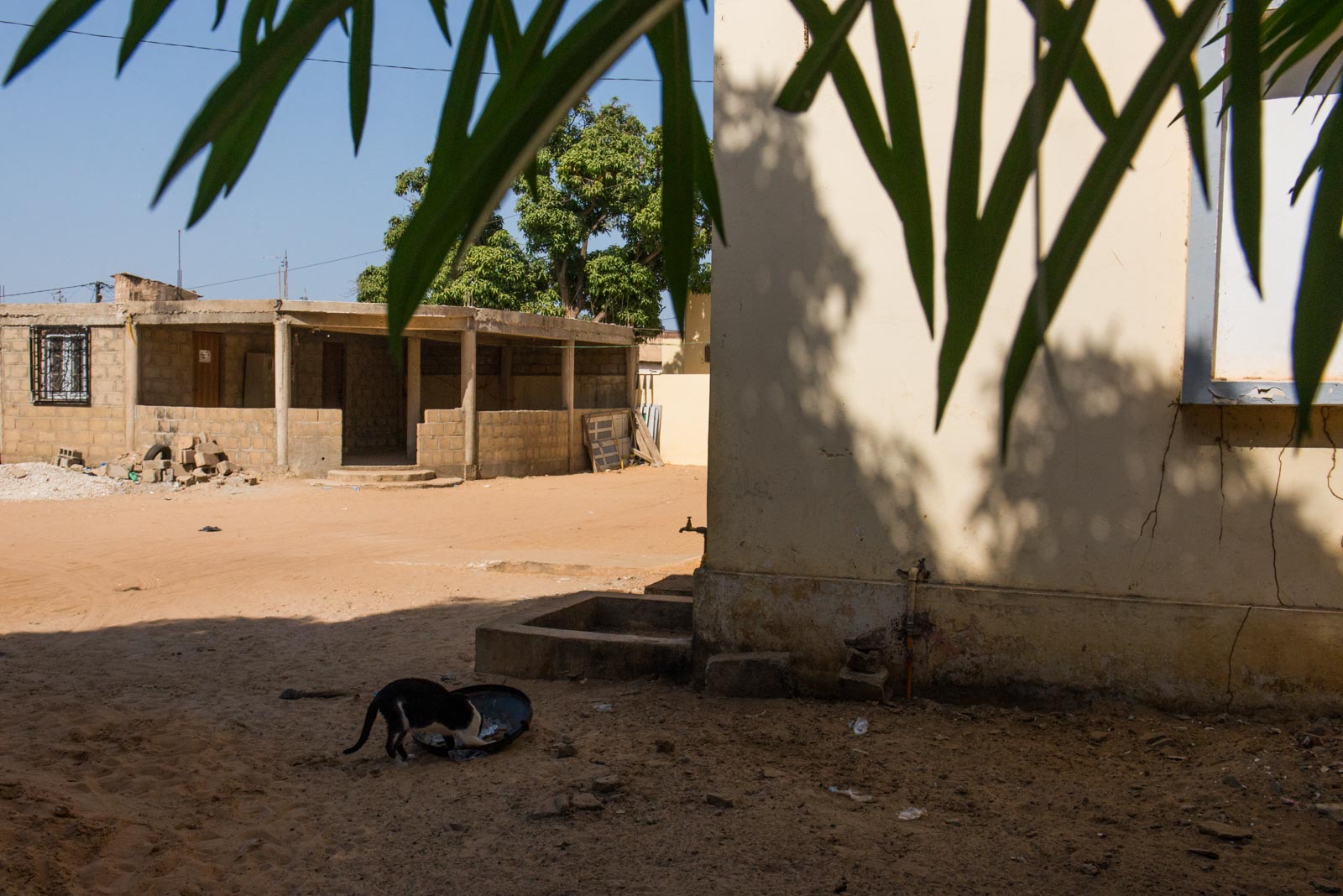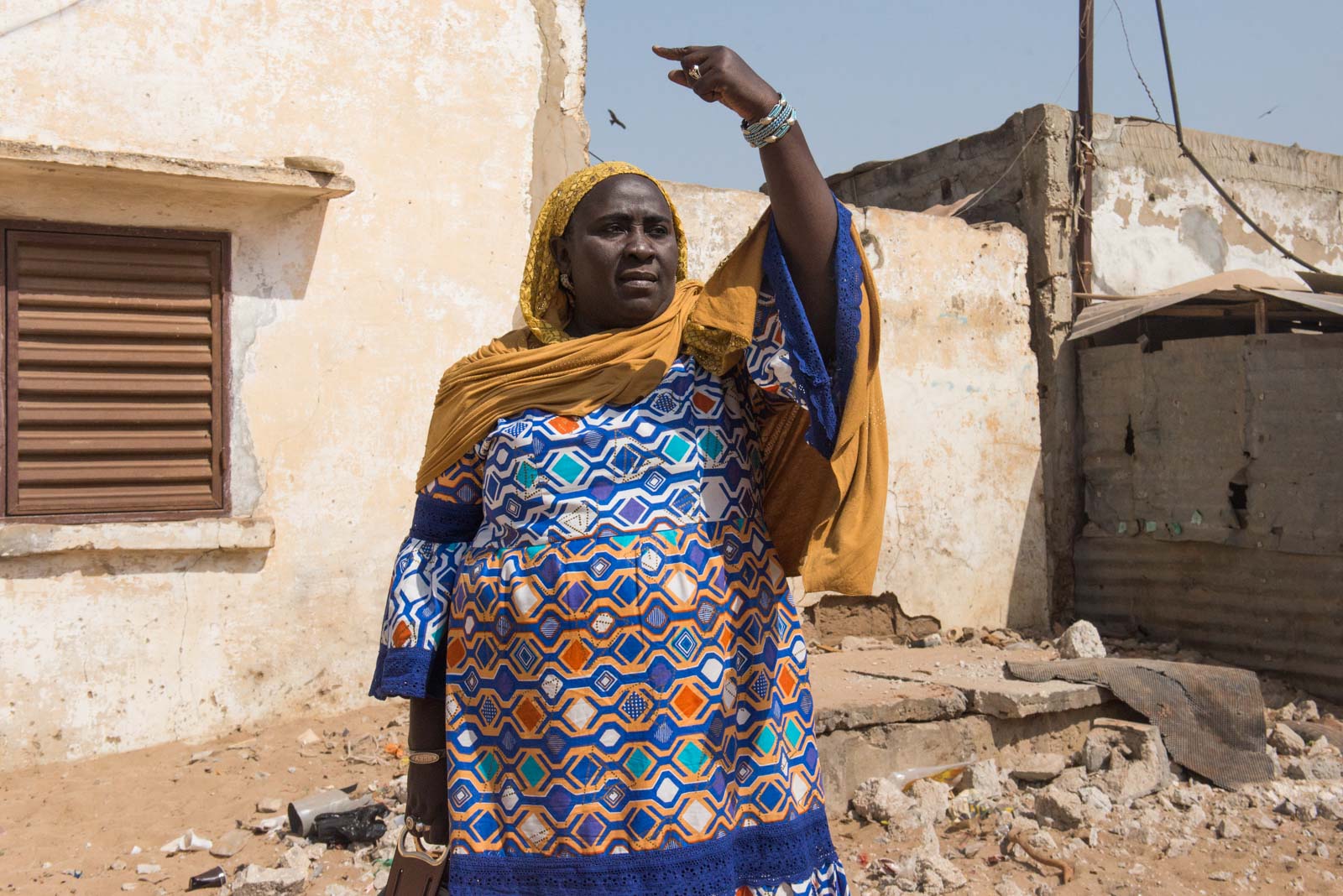On a sweltering afternoon in a suburb of Dakar, Binta is among a group of women waiting to be seen in the back of a Senegalese government clinic. When her name is called, she is ushered into a check-up room, tested for a series of sexually transmitted infections (STIs) and handed free condoms.
At the end of the appointment, the nurse stamps her identification card, called a “carnet sanitaire,” which she is required to carry as a registered, legal sex worker.
The 24-year-old single mother travels over an hour and a half by taxi to get here, even though it means she’s sometimes late for her evening computer science classes. On the ride through Dakar’s traffic-snarled streets, she flips through photos of her 4-year-old son on her phone. For Binta, it’s worth the long commute: “I go here because it’s discreet.”
She first came to Sébikhotane clinic last fall, after signing up to a government scheme that regulates the sex industry in Senegal. Under the program, sex workers must register with police, attend mandatory monthly sexual health screenings, test negative for STIs and carry a valid ID card confirming their health status. If a sex worker contracts HIV, they’re given free antiretroviral therapy treatment before being allowed to continue soliciting clients.
Binta didn’t think twice about joining the program, convinced that it would help safeguard her from sexually transmitted diseases and abuse.
Senegal’s legalization and regulation of sex work has been applauded for controlling the nation’s HIV rate. At 0.4%, HIV prevalence in the country is significantly lower than many of its West and Central African neighbors; the average for the region is 1.5%, per UNAIDS. That figure is even higher in East and Southern Africa, where HIV prevalence is 7.1%.
It’s also the only nation on the continent where sex work is legal and regulated by health policy, according to the Global Network of Sex Work Projects (NSWP), which advocates for decriminalization of the profession.
Some public health experts suggest that Senegal’s registration system opened dialogue about sexual behavior and laid the groundwork for future HIV prevention programs targeting vulnerable populations.
But questions remain about the policy’s efficacy in controlling the HIV/AIDS epidemic. Sex work is still criminalized in Senegal for those who are unregistered, which effectively creates a two-tiered system in which “clandestine” prostitutes fall through the cracks.
And signing up for the legal scheme is not such a simple choice in Senegal, a 96% Muslim-majority nation where sex workers face enormous social stigma and discrimination. NSWP says that leaves sex workers open to exploitation by police. Plus, the system only applies to women over 21, leaving male sex workers without support (homosexuality is illegal under Senegalese law).
These factors combined are cited by researchers to explain the low level of registration — only 20% of sex workers across Senegal and 43% in Dakar have signed up to get the card.
“Right now, the system doesn’t work,” says Khady Gueye, program coordinator for the HIV division of Senegal’s Ministry of Health, who provides support to both registered and unregistered women through outreach programs.
Senegal’s Ministry of Health and civil society groups are hoping to change that, particularly because sex workers are still the main contributor to the HIV epidemic: with a prevalence of 6.6%, they are up to 16 times more likely to be infected than the general population.






